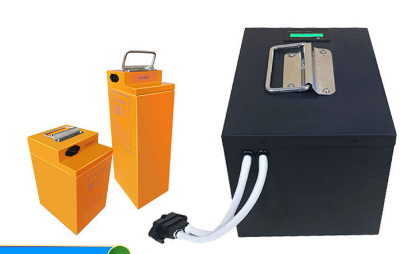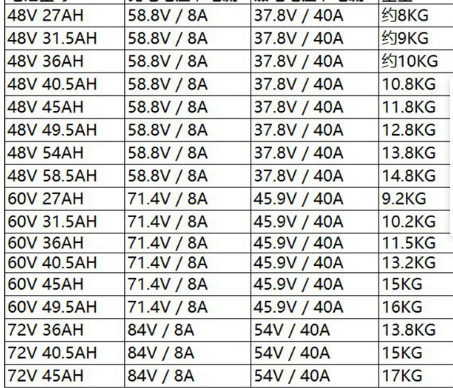Why Would We Need Customize Lithium-Ion Battery Pack?
Why Would We Need Customize Lithium-Ion Battery Pack?
Customizing a lithium-ion battery pack can be necessary for several reasons:
1. Specific Requirements: Different applications have unique power and energy requirements. Customization allows designers to tailor the battery pack's capacity, voltage, and current ratings to fit these specific needs. For example, consumer electronics, electric vehicles, and renewable energy storage each have distinct requirements that standard off-the-shelf batteries may not fully meet.
2. Space Constraints: Sometimes, the available space for installing a battery pack is limited or irregularly shaped. Customization allows for designing a battery pack that fits snugly into the available space without wasting any volume, which is crucial in compact devices or vehicles.
3. Performance Optimization: Customizing the battery pack can optimize its performance for a particular application. This includes improving energy density (the amount of energy stored per unit volume or weight), cycle life (number of charge-discharge cycles before capacity degradation), and efficiency (energy conversion rate from electrical energy to usable energy).
4. Integration with Electronics: Some applications require the battery pack to integrate seamlessly with other electronic systems. Customization ensures that the battery pack can communicate effectively with the device's control systems and sensors, enabling better monitoring, safety features, and overall system efficiency.
5. Environmental Conditions: Extreme temperatures, vibrations, or exposure to moisture can affect battery performance and longevity. Customized battery packs can include protective features like thermal management systems, ruggedized casings, or conformal coatings to enhance durability and reliability in harsh environments.
6. Cost Efficiency: In some cases, customizing a battery pack can be more cost-effective than using multiple standard batteries or modifying existing designs to fit specific requirements. It can reduce overall system costs by improving efficiency, reducing maintenance needs, and extending the lifespan of the battery pack.
Overall, customizing lithium-ion battery packs allows manufacturers and designers to create solutions that are better suited to the unique demands of their applications, whether it's for improving performance, integrating with complex systems, or optimizing space and cost efficiency.


 English
English
RV Power Battery PACK Solution
detailed description of the power battery PACK solution scheme for RV: 1. Battery type selection 2. Battery capacity and voltage 3. PACK structure design 4. Thermal management design 5. Safety design 6. Performance optimization
Read MoreLithium Iron Phosphate Battery Cycle Life and Factors Affecting Life
As a leader in lithium battery technology, lithium iron phosphate batteries are highly regarded for their excellent performance and long life.
Read MoreLithium Battery And Lead-Acid Battery Transport Un Number Description
Lithium battery packs are classified in Class 9 dangerous goods - miscellaneous dangerous substances, the United Nations number is UN3080, UN3081, UN3090, UN3091, and the transport packaging category is Class II
Read More